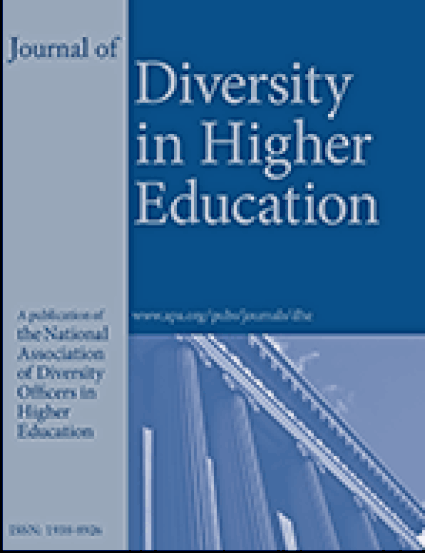
Article
An Intersectional Social Capital Analysis of the Influence of Historically Black Sororities on African American Women’s College Experiences at a Predominantly White Institution
Journal of Diversity in Higher Education
(2014)
Abstract
Research exploring the college experiences of African American women at predominantly White institutions (PWI) continues to be a necessity as African American women graduate at lower rates than their racial/ethnic peers. This qualitative study explored the influence historically Black sororities had on the college experiences of African American women at a PWI using an intersectional social capital framework. The study revealed that the women, as Black women, positioned themselves lower than others in terms of social status; they joined historically Black sororities because of family, role models, and mentors; and, building community, academic pressure, and high standards were fostered through involvement in historically Black sororities and shaped their educational experiences at a PWI. Recommendations for practice and future research are included.
Keywords
- Black women,
- historically Black sororities,
- intersectionality,
- predominantly White institutions
Disciplines
Publication Date
2014
DOI
10.1037/a0037605
Citation Information
Greyerbiehl, L., & Mitchell, D., Jr. (2014). An intersectional social capital analysis
of the influence of historically Black sororities on African American women’s college experiences at a predominantly white institution. Journal of Diversity in Higher Education, 7(4), 282-294.
